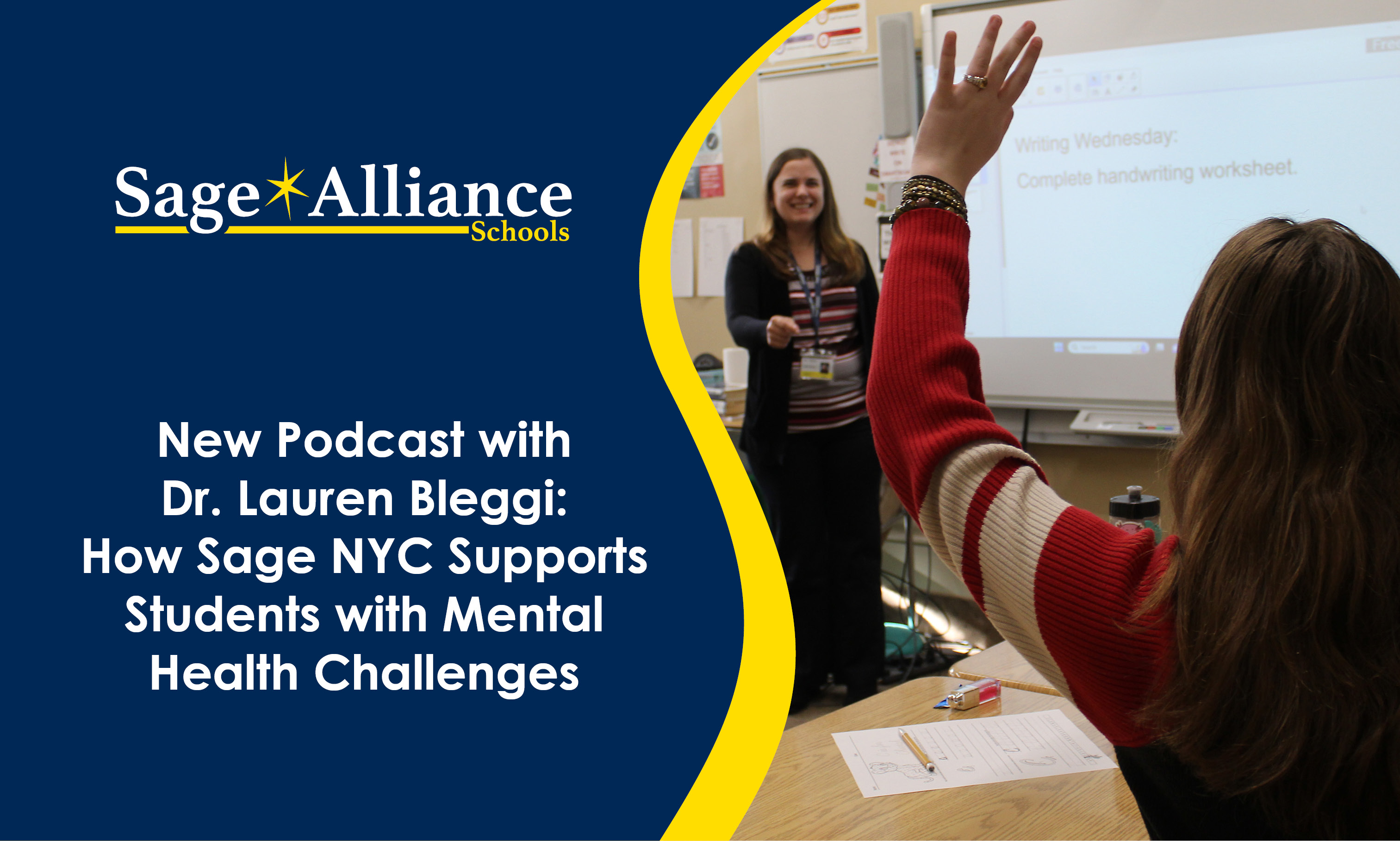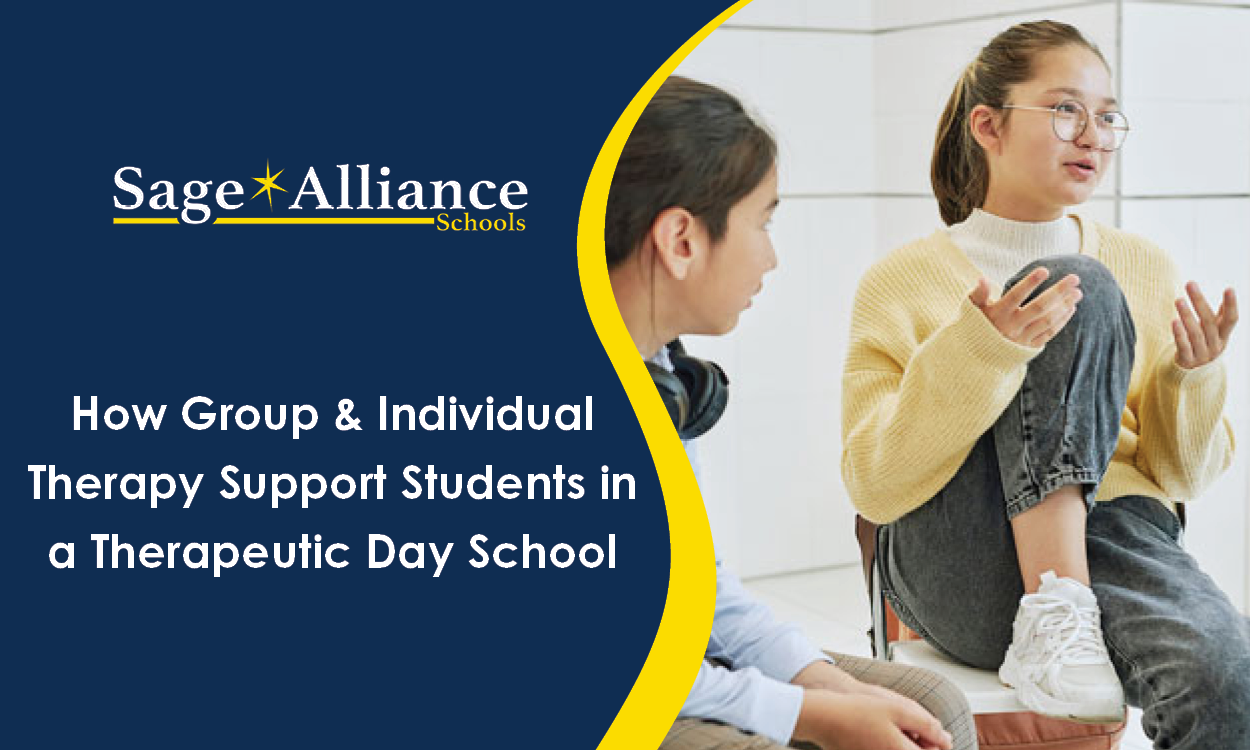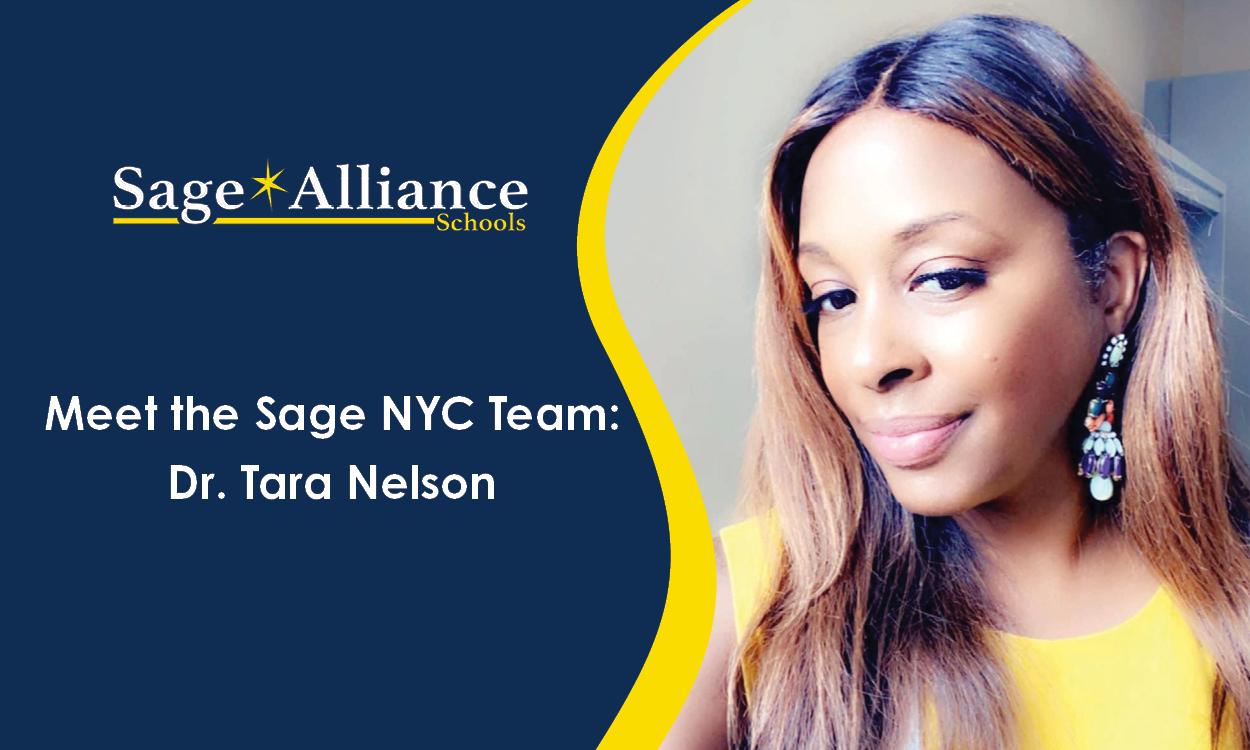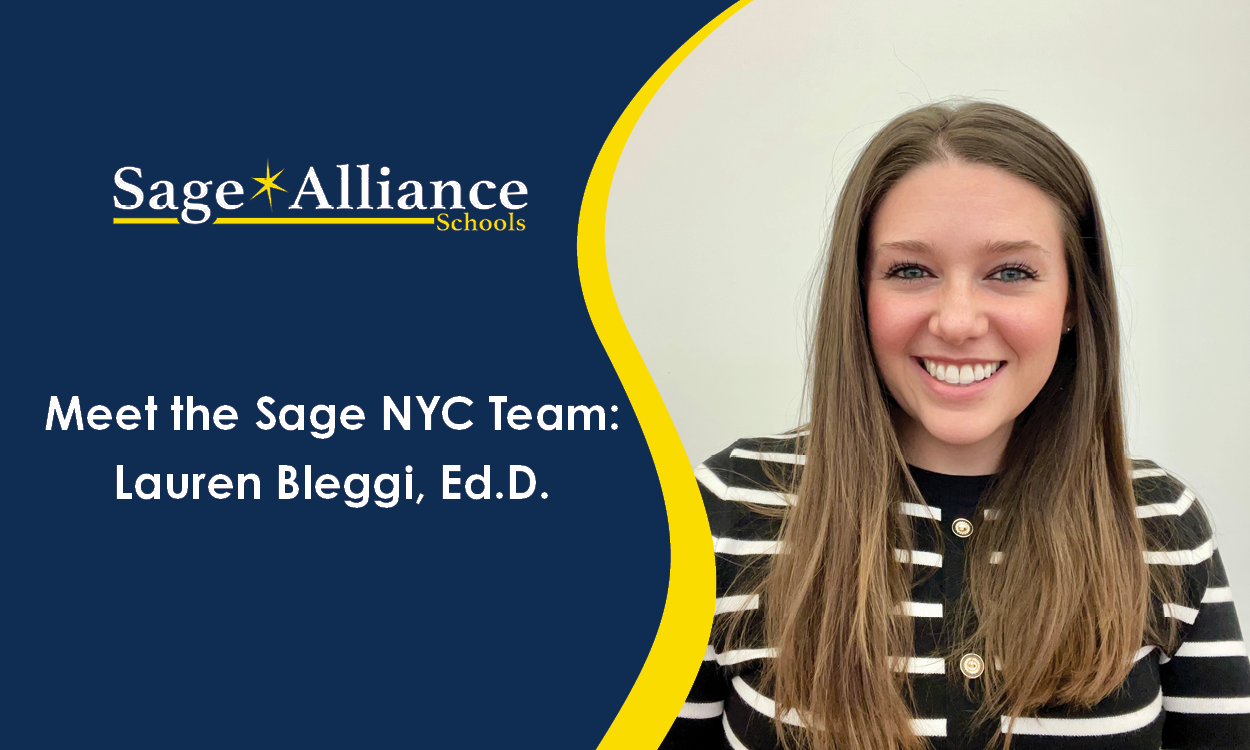Facing Graduation Anxiety
Posted: March 30, 2017 | Written By: Justin Gerwick | Category: Transitions

There’s a somewhat magical, non-medical condition that happens during the senior year of high school, and that’s Senioritis, which means that students start getting antsy about getting out of high school and moving on with their lives.
While some students seemingly have at least the next four years of their lives all mapped out for them by entering a four-year college (which in effect is a sequel to their high school experience on a grander scale) others don’t. Regardless of whether they’re headed to college or not, there’s a reality that they haven’t experienced before. It’s a rite of passage into adulthood that is completely foreign to them.
The further the student gets into their senior year of high school, the excitement of finally bringing this era of their lives to a close gives way to harsh realities such as the loss of friendships, the security of having a daily routine, and the fears of being adequately prepared to face the “real world”. Before they know it, their senior year and all of the celebratory festivities are over. The senior trip and grad night will be history.
Now, they’re wondering what’s next… what’s out there… will they really be able to make it in the world? Will they be able to support themselves once they move out of their home? What if they fail? With their friends moving away and doing their own thing, who will be there for them?
Graduation anxiety is very real and it’s something that needs to be addressed. Although some teenagers project the aura of invincibility, deep down inside, they are about to experience losses that they probably haven’t faced until now.
So, what can we do as educators and parents to help ease their fears and help them transition into a whole new world?
First, help the student create an action plan of what they need to do to hit the ground running so that they have a sense of meaning and purpose. Also, let them know that it’s all right to take a breather. They’ve been through what can be a very intense era of their lives. If they will be living at home for a period of time, prepare them for how their role may change and that they may need to accept additional responsibilities to pay their way.
If the student won’t be going to college right after high school, it’s important to help them develop a support system, which might mean an entirely different circle of friends. If they are truly unclear about what they want to do with their lives, you might want to suggest that they be of service to their community in some way, shape or form. Friendships will organically grow when people share a common cause.
Most importantly, be there for them. Listen to them when they need to talk. They may say they have it all together, but remember where you were at that point in time in your life. The transition will no doubt be bumpy for them, but it can be a real period of growth for them, and for you.
Life After Sage Alliance: Preparing students for the next step in their Careers and Education
Sage Alliance fully prepares graduates to take the next step. We provide direct instruction on career awareness and work closely with students to make informed decisions about their post-secondary choices. Approximately 80 percent of Sage Alliance graduates matriculate to two and four-year colleges. Recent graduates are also serving in the U.S Armed Forces, while others choose to enter the workforce.
Our job is not complete until each student has a good transition plan for life after graduation.
The Sage Alliance College and Career Transition Department Will…
-
Provide each student with an individualized and specific plan for transition upon graduation.
-
Assist college-bound students in researching, applying to and selecting the college that is most appropriate and best suited for long-term success.
-
Provide students and parents with knowledge of alternatives to a traditional four-year college, including associate’s degree options, technical and vocational schools, and specialized certification programs.
-
Work with each student to explore potential careers based on his or her interests, skills, and abilities.
Want to be notified of new articles and resources from Sage Alliance? Click here to submit your email and opt into our newsletter.









